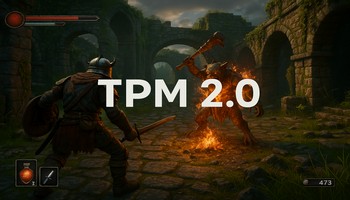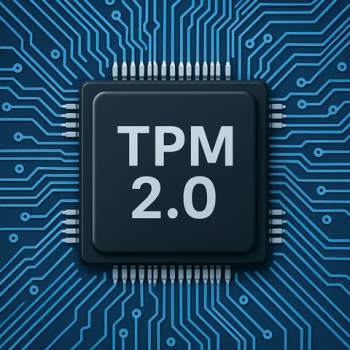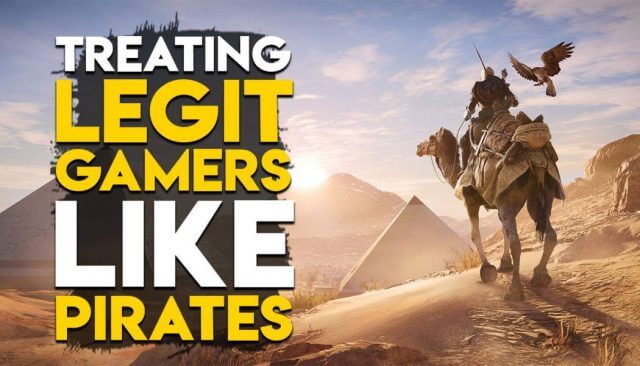Reminded by Jim Hillier’s recent article Microsoft Says TPM Is Worth The Upgrade – But Is It?, it’s only just come to my attention that some games require Secure Boot and TPM 2.0 – Fortnite (for tournaments), Valorant, The Finals and Vanguard (Call of Duty) to name just a few, apparently to prevent players from cheating by modifying the boot process.
We all know that Windows 11 requires TPM 2.0, but games? I don’t play any multiplayer games, but millions do, and it’s highly likely that many Fortnite and Valorant players are running Windows 10 on PCs that don’t support Secure Boot or TPM, so they either upgrade their PCs or cry into their beers. Some of these games, especially Fortnite, offer cash prizes in tournaments, which brings to light the lengths that cheaters will go to.
Starting on February 27, 2025, if you’re playing (Fortnite) on a Windows PC, you must enable TPM 2.0 and Secure Boot to be eligible for tournaments that require an Account Level of 350 or higher (these are often tournaments that award cash prizes).
Source: Epic Games
As in many aspects of life, the minority often spoils the fun for the rest of us, and as a player of single-player only games, I’m well aware of this. I had anti-cheat software installed on my PC because it’s forced upon me even if I only play the single player element of a game – PunkBuster and Easy Anti-Cheat are just two examples, both of which I uninstalled.
It’s bad enough having DRM (digital rights management) rammed down our throats – software that assumes we are all pirates and cheats. Many of these DRM and anti-cheat programs can severely affect gameplay, so wherever possible, I get rid of them. Fortunately, most of the games that I play are purely single player, but those with a multiplayer element usually insist on software such as the much reviled Denuvo being installed, whether you like it or not.
It’s not possible to definitively know if you have Denuvo installed without checking the specific games you have installed on your computer or other software. Denuvo is not a standalone program; it’s a digital rights management (DRM) system embedded within games to protect against piracy and tampering. If you have played any games that use Denuvo, it’s possible that a small Denuvo-related file might remain on your computer after uninstalling the game.
This is one of the main reasons that gamers move over to GOG (Good Old Games) because none of the games sold on that platform contain DRM. Any game that insists on such draconian requirements will get a pass from me!
—


